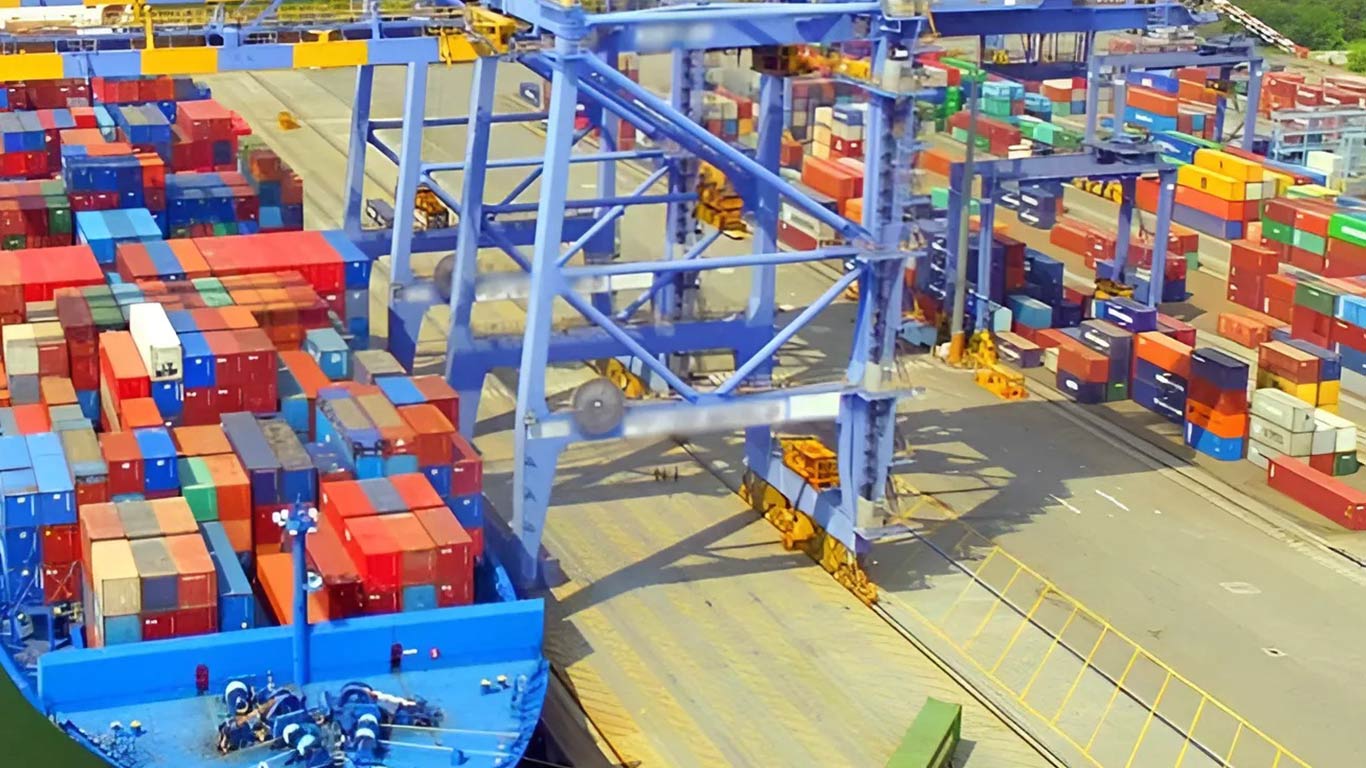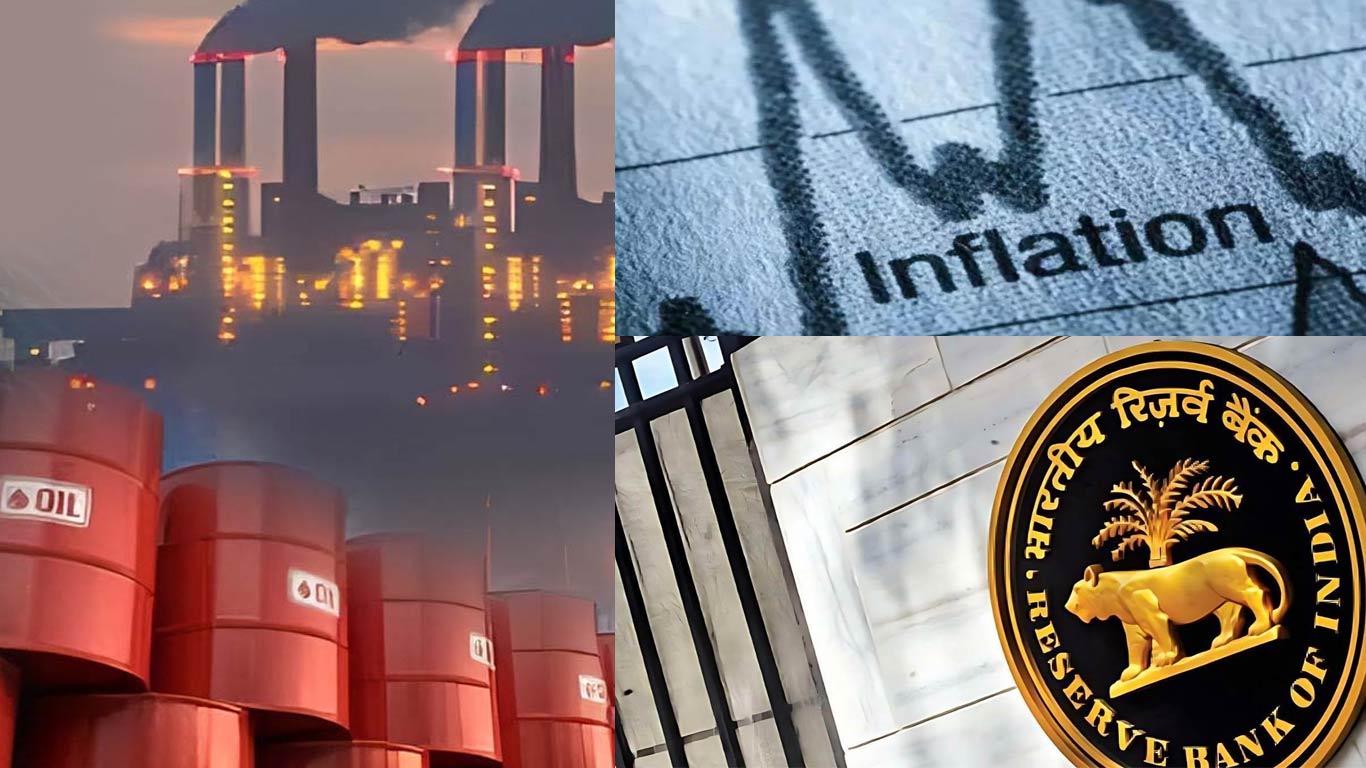Banks window dress accounts to inflate MSME lending, improve branch performance: Study
Updated: May 19, 2015 01:04:40pm

The practice was unearthed during a study being conducted by S.P. Gupta – a Chartered Accountant and a former banker, for Federation of Indian Micro and Small & Medium Enterprises (FISME) to identify reasons for poor rating of MSMEs across regions and sectors.
Unfortunately the spectacular performance of such branches comes at a very high cost to poor MSME borrowers.
It has been found that the practice results in distorting at least three important financial ratios having critical bearing on the internal and external credit ratings of MSME borrowers and hence on the cost of funds to them.
The ratios affected adversely are: the TOL/TNW (Total outside liability divided by net worth); as net worth remains static and liability is inflated); the current ratio and ROCE (Return on capital employed which gets reduced as capital employed that means the total of balance sheet is inflated with profit remaining at static level).
Through the practice, the banks wrongfully claim to fulfil their MSE lending targets under priority sector lending norms prescribed by RBI and also parade their MSME lending performance before the Government.
The study further points out that the distorted ratios not only do result into poor credit ratings and higher cost of funds for MSMEs but accounts of many such borrowers automatically get classified under ‘Special Mention Accounts’- an RBI mandated classification for stressed accounts. (In the latter case under SMA-2 and 3 categories the cases are referred to Join Lender’s Forums for restructuring or recovery).
It has been observed that it is the small borrowers- usually vulnerable before the bankers, who are subjected to the practice of paper transfer of funds.
FISME is approaching the RBI and the Government to put an end to this practice which is both unethical and unlawful. (KNN/AB)











